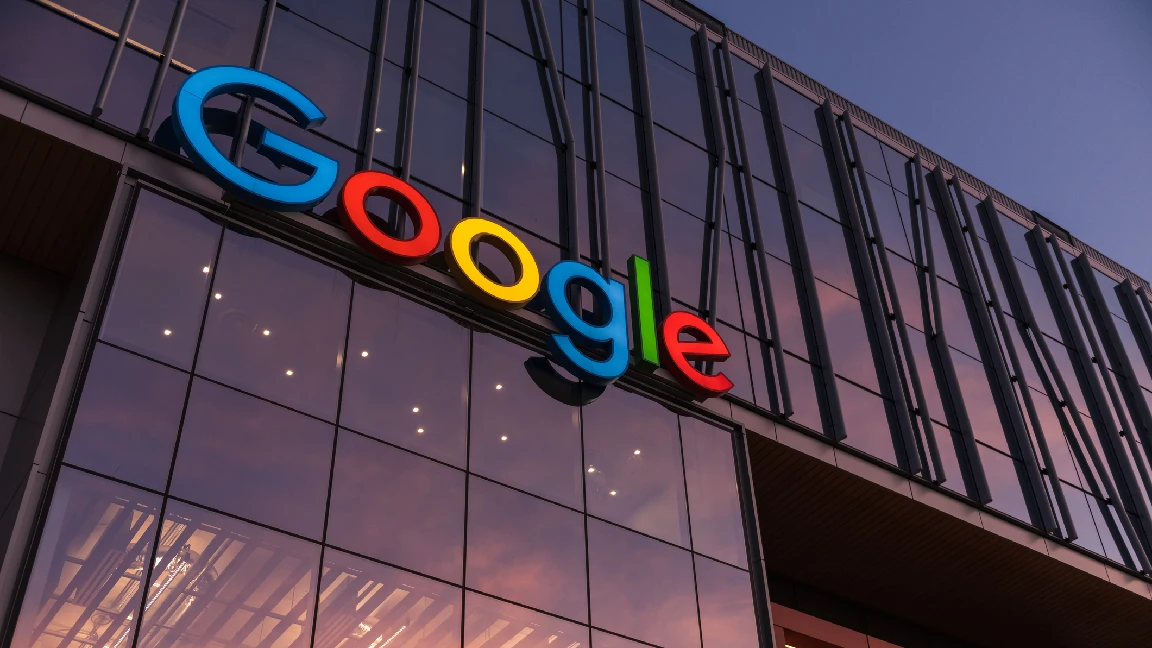US Department of Justice recommends that Google sell Chrome AND be prohibited from reentering the browser market in five years.
It was reported earlier this week that the US Department of Justice’s top antitrust officials were likely to ask a court to enforce a significant division of Google. They included a proposal that Chrome be sold.
The official paperwork was filed on Wednesday night. We can now see the authorities' plan goes further than they initially thought. I won't cry if it ever happens.
The filing to a Washington federal district court outlines that "Google may not enter the browser market again for five years following its divestiture from Chrome" (via The Guardian).
The proposal also states that Google must stop "acquiring any interest in search rivals, competitors, or AI-related products related to rival search, search ads, or rival search," and it must release any of its own. The documents also call for an end to all "anticompetitive payment to distributors including Apple" made to ensure Google was the default search engine in various companies' devices.
The DoJ's proposal, which also focuses on AI, recommends that Google offers "data crawling" rights to parties, such as content creators. This would allow them to opt-out from, say, Google using their work to train its Large Language Model AI. Even though I am not a very funny person on the internet and would not want my words to be re-written by AI, anyone who has had to wade their way through search results filled with AI dross will see that this is a positive step if it is enforced.
This is the result of an important court ruling in August, which found that Google had acted unlawfully to maintain its monopoly on online search and the closely related advertising markets. In October, rumors began to circulate about the remedies that the US Department of Justice would seek. Its sights were set on Android and Chrome, for their role in unfairly prioritising Google Search, and related products.
Amit Mehta is the same judge that handed down that scathing ruling in August. We won't find out what he will do until next year. It's difficult to know with certainty what this will mean for the average end user until Google releases its counter proposals.
The DoJ's contingency plans still include Android, according to a federal filing made on Wednesday. The filing describes Android as a "critical platform on which competitors rely, and for which Google can use a variety of obvious and not so obvious ways to favor its search product." Two plans are therefore proposed: either Google divests Android along with Chrome, or selling Android becomes a final resort if previous efforts fail to curb Google's monopoly.
Google has reacted so far by thrashing about like a dragon unwilling to part with his horde. Google's recent blog post framed the DOJ remedies as "radical interventionists agenda that would harm Americans, and America's technology leadership globally." Kent Walker, president of Global Affairs for Alphabet and Google, writes, "It could break a range Google products, even beyond Search, that people love and use in their daily lives."
United States v. Microsoft Corp. in 2001 is the most obvious historical comparison. The DoJ attempted to split Microsoft due to its dominance over the web browser on Windows machines. However, this case ended in a settlement. It's difficult to predict how far the DoJ is willing to go.




Comments